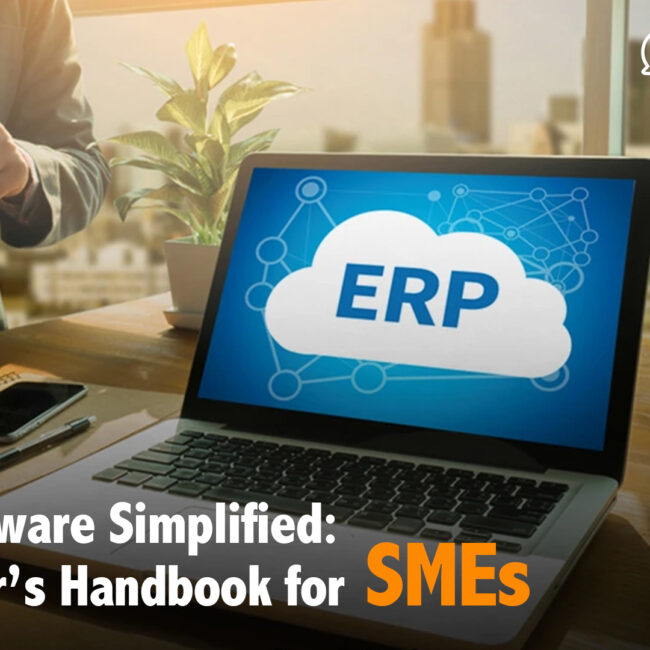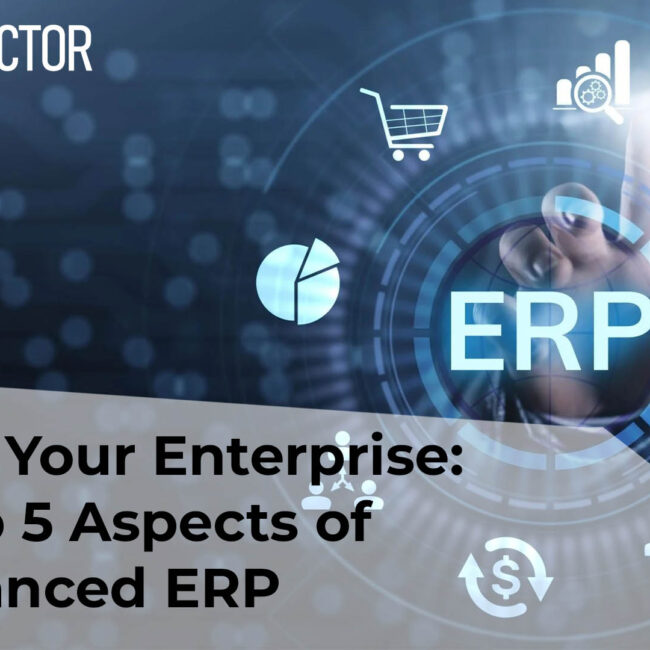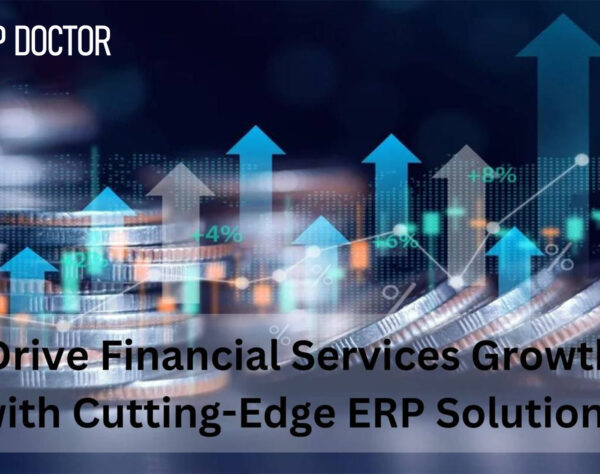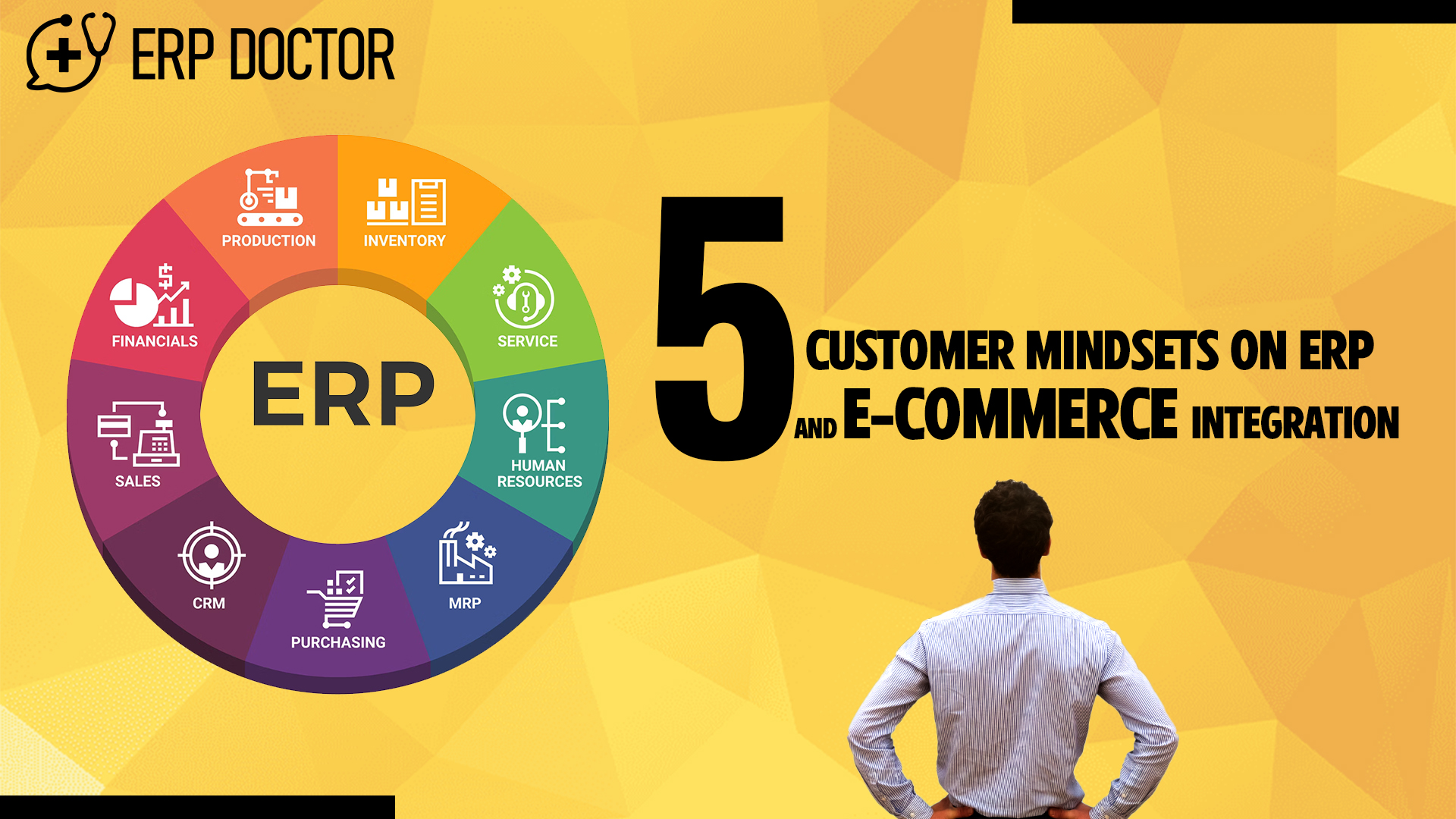
5 Customer Mindsets on ERP and E-commerce Integration
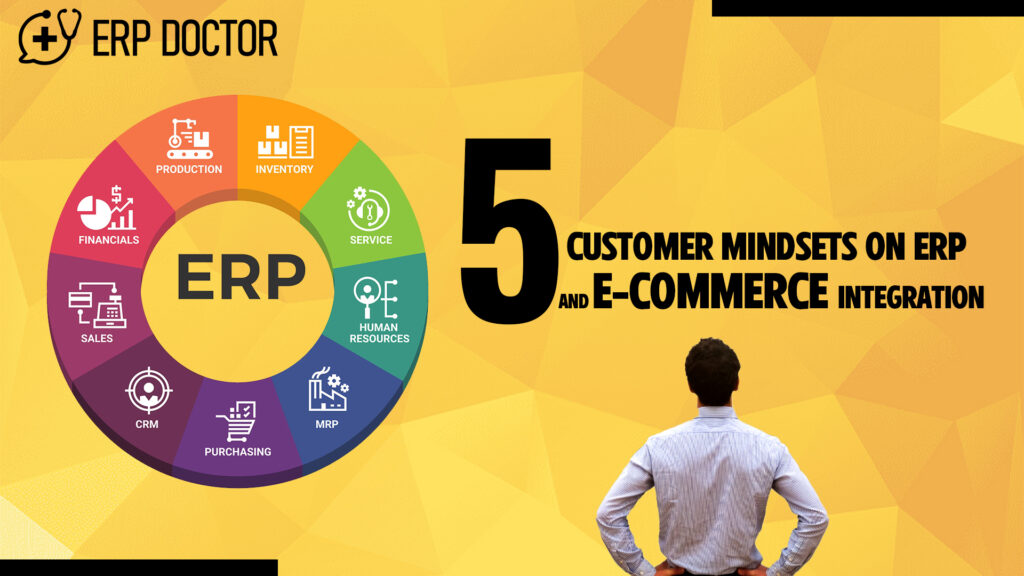
Beyond ERP: Unveiling E-commerce Integration Secrets
In today’s fast-paced business environment, Enterprise Resource Planning (ERP) systems have become a cornerstone for managing various aspects of an organization’s operations. One critical integration point for many businesses is linking their ERP software with e-commerce platforms. This integration enables seamless data flow and enhances overall efficiency. However, ERP customers often approach this integration with specific mindsets that influence their decisions and expectations. In this blog post, we’ll explore five common mindsets that ERP customers have about ERP system integration with e-commerce platforms, shedding light on both the challenges and opportunities it presents.
The “Necessity” Mindset:
Many ERP customers view integration with e-commerce platforms as a necessity rather than an option. They understand that to stay competitive in the digital age, they must connect their ERP system with their e-commerce operations. This mindset drives them to seek ERP solutions that offer robust integration capabilities.
The “Cost vs. Benefit” Mindset:
Balancing costs and benefits is a fundamental consideration for ERP customers. They weigh the initial investment of ERP system integration against the potential long-term gains, such as streamlined processes, improved customer experience, and increased revenue. ERP customers are often cautious about overspending and look for cost-effective ERP solutions that provide valuable integration features.
The “Data Synchronization” Mindset:
Data accuracy and consistency are top priorities for ERP customers. They expect the integrated system to ensure that product information, inventory levels, pricing, and order status are synchronized between the ERP and e-commerce platform in real-time. This mindset emphasizes the importance of a reliable and error-free data exchange.
The “Scalability” Mindset:
ERP customers often have growth on their minds. They want their ERP system and e-commerce platform integration to be scalable, accommodating an expanding product catalog, increasing customer base, and evolving business needs. Scalability ensures that the integration investment remains relevant as the company grows.
The “User-Friendly” Mindset:
User-friendliness is a significant concern for ERP customers, especially for those who may not have technical expertise. They expect the integration to be intuitive and user-friendly, enabling their team to easily manage and utilize the integrated system without extensive training. ERP vendors that offer user-friendly integration solutions gain a competitive edge.
Understanding the mindsets of ERP customers regarding ERP system integration with e-commerce platforms is essential for both ERP vendors and businesses looking to enhance their operations. By recognizing the necessity, cost-benefit analysis, data synchronization, scalability, and user-friendliness as key factors influencing customer decisions, you can tailor your ERP solutions and integration processes to meet these expectations.
As the e-commerce landscape continues to evolve, businesses must adapt and embrace integration as a strategic advantage. By addressing these mindsets, you can foster successful ERP system integration with e-commerce platforms and provide your customers with the tools they need to thrive in today’s digital marketplace.
Embark on an inspiring journey today – Visit our website and discover a world of knowledge, creativity, and endless possibilities! Don’t miss out on exclusive content and exciting updates. Click here to explore and be part of our thriving community!


